Recent News

Abstract
The engineers who manage Mexico City’s vast combined sewer and drainage infrastructures are constantly improvising new ways to cajole water to flow through the crumbling system even as the city sinks due to anthropogenic land subsidence. Their labor to maintain the system amid decades of deferred maintenance and adapt to rapidly changing environmental conditions might be seen as positive acts of care for the present and future. And yet these engineers instead understand their work as a necessary but inadequate response to a condition of state abandonment, manifest in ever-insufficient budgets. Engineers find themselves today treading water in the shadow of fading modernist plans from a mid-20th century period when “solutions” to the city’s persistent flooding – however flawed we now understand them to be – were still imaginable. And their creative work to keep the city (if only every partially) above water makes the breakdown of the drainage system so ordinary that it ceases to galvanize political attention. Paradoxically, by keeping the system running just “well enough,” they make it possible for the government to continue to deny the budgets necessary for the restoration of the system, leading to ever more flooding for the poor. The talk suggests a critical rethinking of the political function of both maintenance and adaptation and asks what we might recover from the modernist dream amid the devastating conjuncture of austerity and anthropogenic environmental change.
Biography
Dean Chahim (PhD, Stanford University) is an anthropologist whose research and teaching broadly trace the interactions between political power, engineering, and the urban environment. Previously trained as an environmental engineer, his work asks both how unjust environmental conditions are produced and sustained through engineering and how engineering practice might be reconfigured to challenge injustice and design for radically different futures. His current book project takes up these concerns through the case of Mexico City’s vast and deeply unequal flood control system. Drawing on both ethnographic and archival research, the book shows how engineering becomes a mode not of mitigating, but governing disasters: of maintaining rule over populations living in increasingly hazardous environments. This project has been funded by the American Council for Learned Societies, the Mellon Foundation, the Social Science Research Council, and the Wenner-Gren Foundation. Prior to NYU, he taught at the University of Texas at El Paso and was a Fellow in the Princeton-Mellon Initiative in Architecture, Urbanism, and the Humanities at Princeton University.
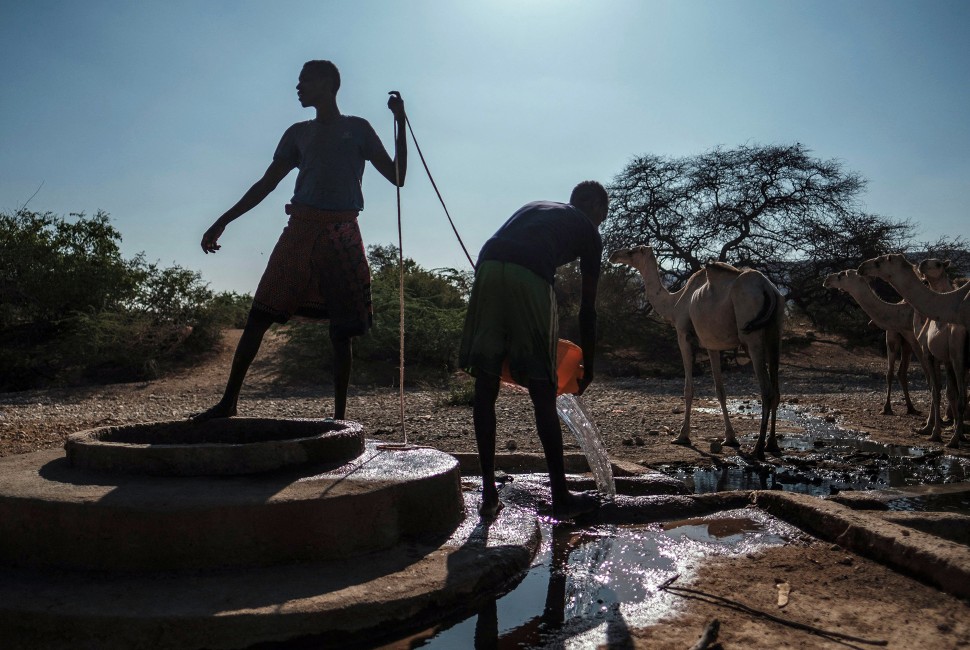
An estimated 1.2 billion people experienced water insecurity in the prior year
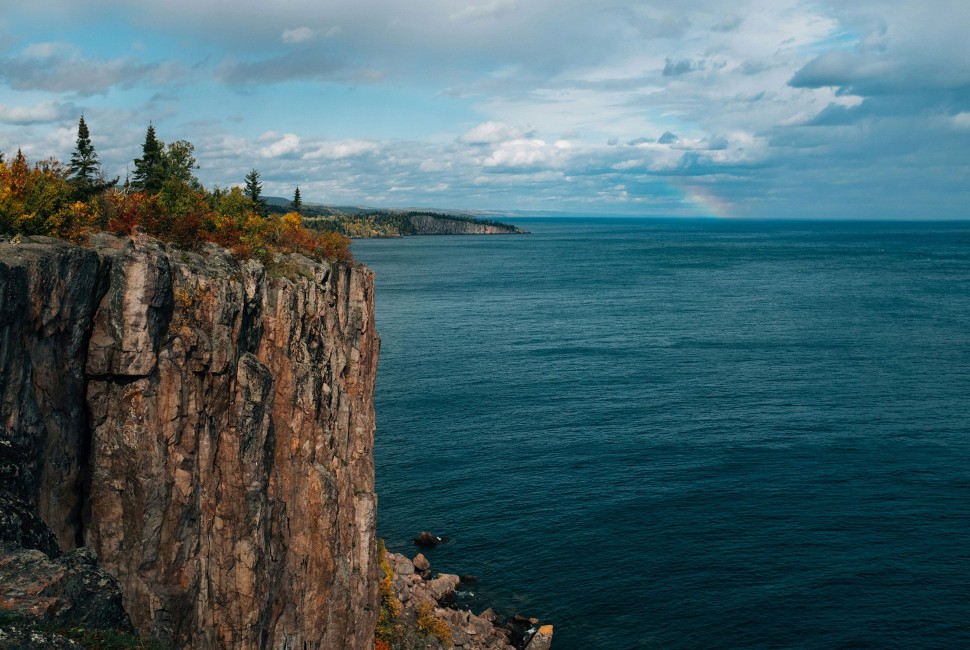
Great Lakes project selected to receive up to $160 million from NSF.
Northwestern University serves as a core partner on the project.
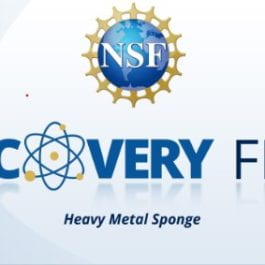
In a laboratory at Northwestern University, NSF-supported researchers have created a nanomaterial coating that can allow a commercially available sponge to be used for removing heavy metals from contaminated water.

Pilot study will enable Chicago-area residents to test for lead, copper and PFAS

Cleanup on Planet Earth: These researchers are developing amazing new ways to help restore our precious planet.
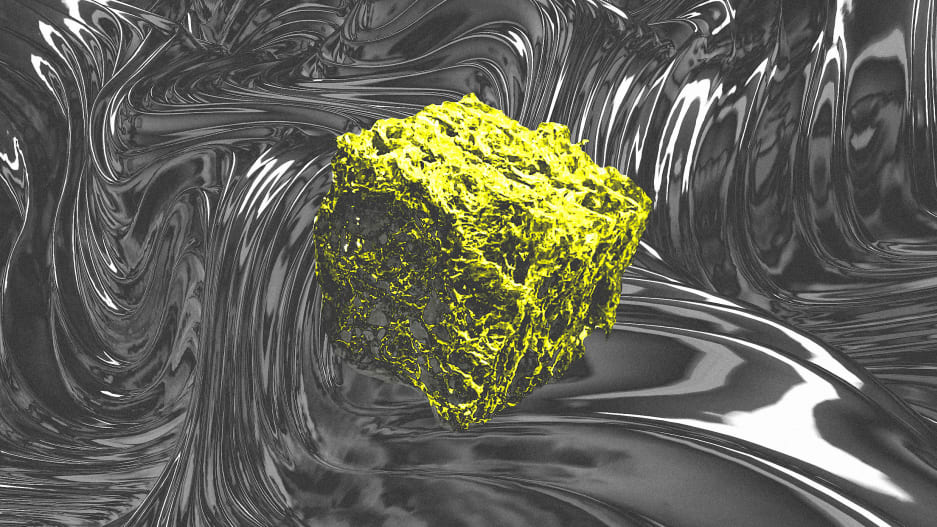
Fast Company wrote about the nanoparticle-covered sponge developed by Professor Vinayak Dravid, which can quickly and easily remove heavy metals from water.
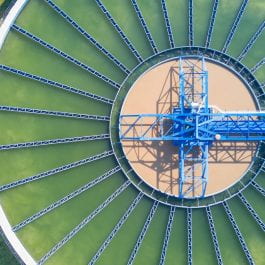
Two Northwestern faculty-led teams celebrate 2022 Chicago Innovation Awards

A closer look at how Israel manages its precious water resources
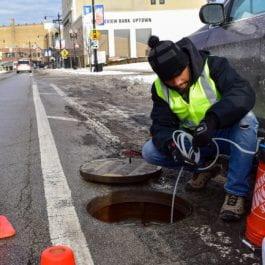
Discover Magazine on Our Wastewater Surveillance Work
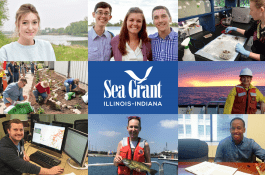
2022 Summer Student Internship Program Applications are due January 31, 2022
The Illinois-Indiana Sea Grant (IISG) Summer Student Internship Program supports and expands a diverse, well-trained workforce that is literate in the ecological and economic issues that impact coastal communities. With this training, interns will understand and be skilled in teaching best management and science practices that can lead to more informed decisions.
These paid internships may include research, communications, and/or outreach activities. Applicants may have the opportunity to participate in activities outside of their specific internship duties. For more information on the internship program and position descriptions, please contact Angela Archer at amcbride@purdue.edu or visit https://iiseagrant.org/about/career-opportunities/.
Internships are available in the following areas:
Aquatic Invasive Species, Great Lakes Education, Great Lakes Revitalization, Sustainable Communities, Video and Digital Media, Water Conservation and Policy
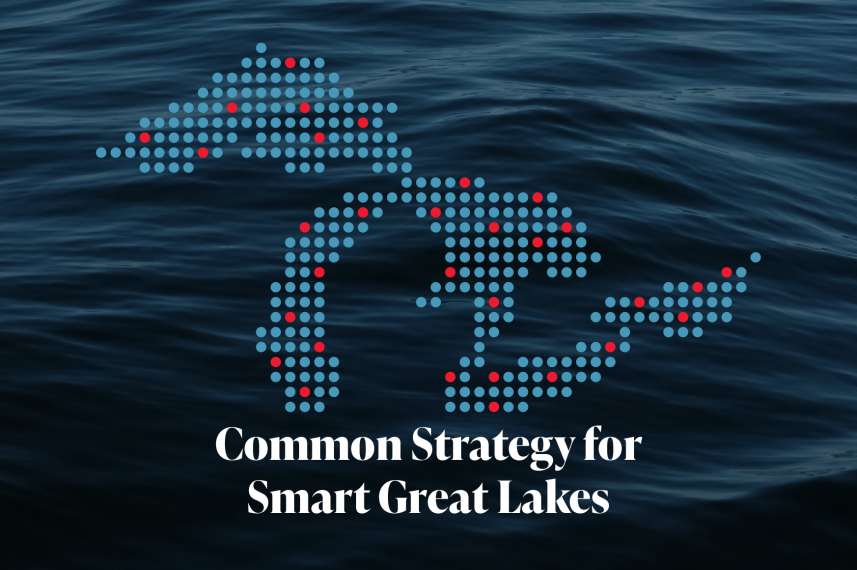
Common Strategy for Smart Great Lakes sets goals for technology collaboration
The Smart Great Lakes Initiative (SGLi) released their landmark document, “Common Strategy for Smart Great Lakes.” The document charts a course for how the initiative will advance technology applications that improve our understanding of our relationship with the Great Lakes, the largest freshwater system in the world, as both the United States and Canada prepare to recognize and celebrate the 50th anniversary of the Great Lakes Water Quality Agreement (GLWQA)
/cloudfront-us-east-1.images.arcpublishing.com/tronc/AU4JQSUKGBAFHNI6KEDBZISOYA.jpg)
Kayaking the Chicago River? Now you can get an estimate of bacteria levels before you go.
Chicago now has real-time monitoring of the river, a result of years of collaboration, developing technology and calls from advocates for a more transparent look at pollution.

We Are Water Evanston Creates Action Items for the City of Evanston
The We are Water project hopes to use information collected in surveys and interviews to put together a series of action items that can help the City address issues like flooding.

Under the Surface: A Water Crisis Amid A Legacy In Decline
The Jackson water crisis cannot be disentangled from the city’s long history of white flight, nor the federal government’s pullback from funding water utilities across the entire country

Illinois Department of Public Health and the Discovery Partners Institute Announce Statewide System to Monitor COVID-19 in Wastewater
The Illinois Department of Public Health (IDPH) and the Discovery Partners Institute (DPI) today announced a statewide system to monitor the virus that causes COVID-19 and its variants in wastewater, providing public health officials with early warnings of a potential outbreak on a county-by-county basis.
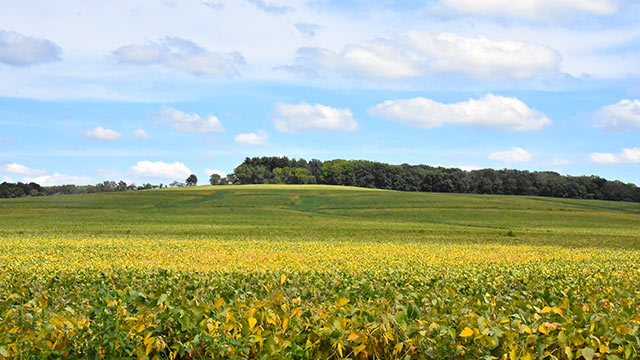
Climate change is transforming Illinois, with more to come
Illinois is undergoing a rapid change in weather patterns that already has started to transform the state, a major new scientific assessment finds. Led by The Nature Conservancy, the report is the first-of-its-kind, uniting expertise from 45 scientists, including Northwestern University professors William Miller and Aaron Packman.

The Jackson, Mississippi Water Crisis And America's Crumbling Water System
For a month, residents of Jackson, Mississippi went without clean running water. The city’s mayor says the problem’s decades in the making. That makes Jackson a lesson for the entire country. NCWR Director Aaron Packman joins NPR to talk about America’s crumbling water system.

NBC 5 Investigates: Searching The Sewers For COVID-19 at the Cook County Jail
Officials at the Cook County Sheriff’s office are hoping the sewers at the jail could lead to groundbreaking new clues in their battle against the deadly virus
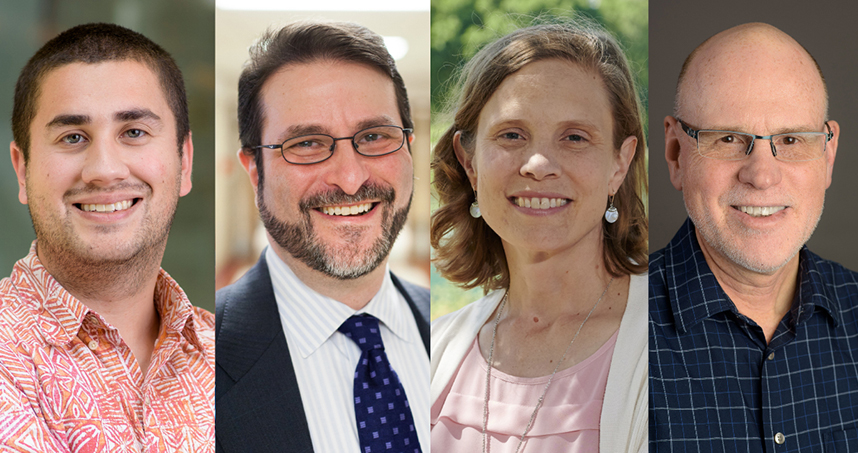
Four Northwestern Engineering Investigators Collaborate with Ojibwe to Strengthen Resilience
As part of the Civic Innovation Challenge, led by the US National Science Foundation (NSF) in partnership with the US Department of Energy and US Department of Homeland Security, the team received $50,000 in funding for its project, “Strengthening Resilience of Ojibwe Nations across Generations (STRONG): Sovereignty, Food, Water, and Cultural (in)Security.”

Materials Flow Analysis: Supporting a Circular Plastics Economy
With current consumption patterns, continued plastic production will increase oil use. A report from the Ellen MacArthur Foundation even predicts that the world’s oceans will contain more plastic than fish by 2050. Even with today’s limited recycling, plastic use has largely been unsustainable as only about 9% of plastic waste is recycled.
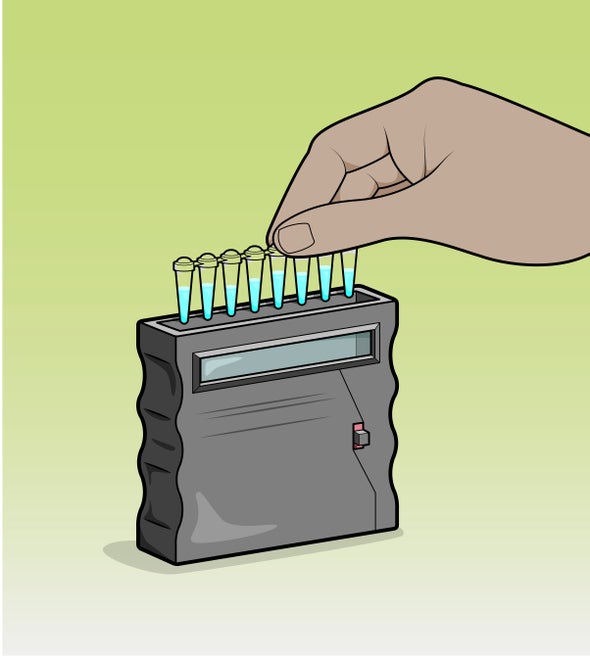
DNA Finds Pollutants in Green-Glowing Water Test
Researchers have developed a quick, potentially inexpensive way to test for at least 16 dangerous contaminants, including lead, copper, and antibiotics, according to a study published in Nature Biotechnology.

Every toilet flush reveals a clue in fight to stop COVID-19
Signs of the novel coronavirus show up in sewers about a week before people surge into hospitals with symptoms of the disease, which during the past nine months has killed more than 1.3 million people worldwide, including 246,000 in the United States.
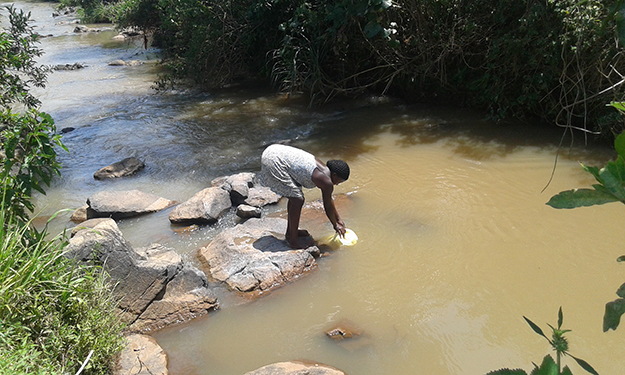
The Dangers of Collecting Drinking Water
Anthropologists reveal social and gender inequities of a hidden global health challenge.

Walder Foundation Awards Discovery Partners Institute $1.25 Million
The Walder Foundation has awarded a Discovery Partners Institute (DPI) science team led by the University of Illinois at Chicago (UIC) $1.25 million to develop a prototype capability for detecting COVID-19 outbreaks and trends in Chicago’s wastewater.

Third Coast Disrupted: Artists + Scientists on Climate
It started with a convergence of cutting-edge artists and scientists. Gathering and talking for a year to explore climate change impacts – and solutions – happening here in the Chicago area. Their conversation has inspired newly commissioned artworks.

Chicago artists, scientists join forces to craft conversation on climate change
Third Coast Disrupted: Artists + Scientists on Climate” opened Sept. 8 and runs through Oct. 30 at Columbia’s Glass Curtain Gallery, 1104 S. Wabash Ave. The gallery features new work from seven local artists in a variety of mediums.

Silent spreaders and long haulers. Aerosols and protocols. 10 things science has learned about COVID-19 in less than a year.
It’s been only nine months since the world learned of a new coronavirus that would trigger a pandemic declaration in March and ultimately disrupt billions of lives.
*Chicago Tribune Front Page*
COVID-19 pandemic should be a wake-up call for water security
In an opinion piece published in Nature Sustainability, researchers are urging policymakers across the world to focus on behavioral change, knowledge promotion, and investment in water infrastructure.

Pregnancy test for water’ delivers fast, easy results on water quality
Likened to a pregnancy test, the handheld platform uses one sample to provide an easy-to-read positive or negative result. When the test detects a contaminant exceeding the EPA’s standards, it glows green.
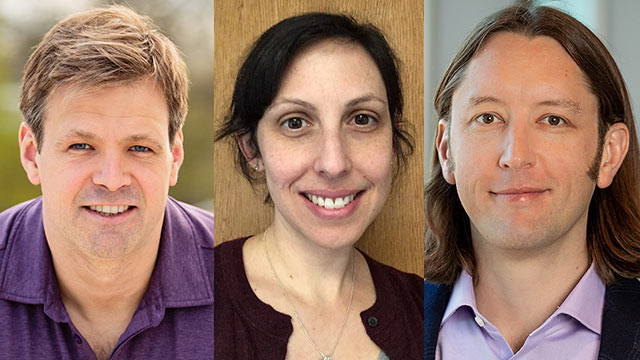
Three scientists named finalists for Blavatnik National Awards
William Dichtel, Julius Lucks and Emily Weiss recognized as exceptional young researchers

Sewage may help predict future virus outbreaks
Droplets we breathe, sneeze or cough through our mouths and noses aren’t the only source of SARS-CoV-2. Bits of genetic material from the virus also end up in our waste, offering local health departments life-saving opportunities to track, trace and prevent outbreaks.
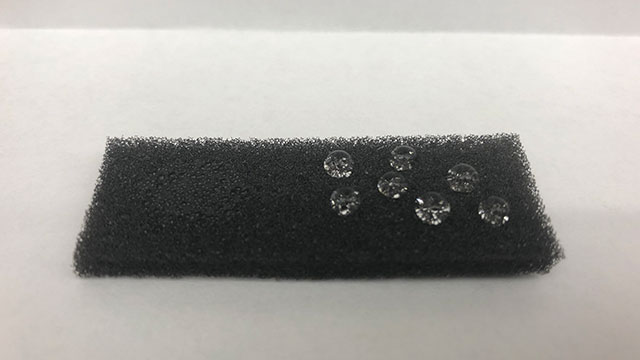
Smart sponge could clean up oil spills
With an ability to absorb more than 30 times its weight in oil, the sponge could inexpensively and efficiently clean up oil spills without harming marine life. After squeezing the oil out of the sponge, it can be reused many dozens of times without losing its effectiveness.
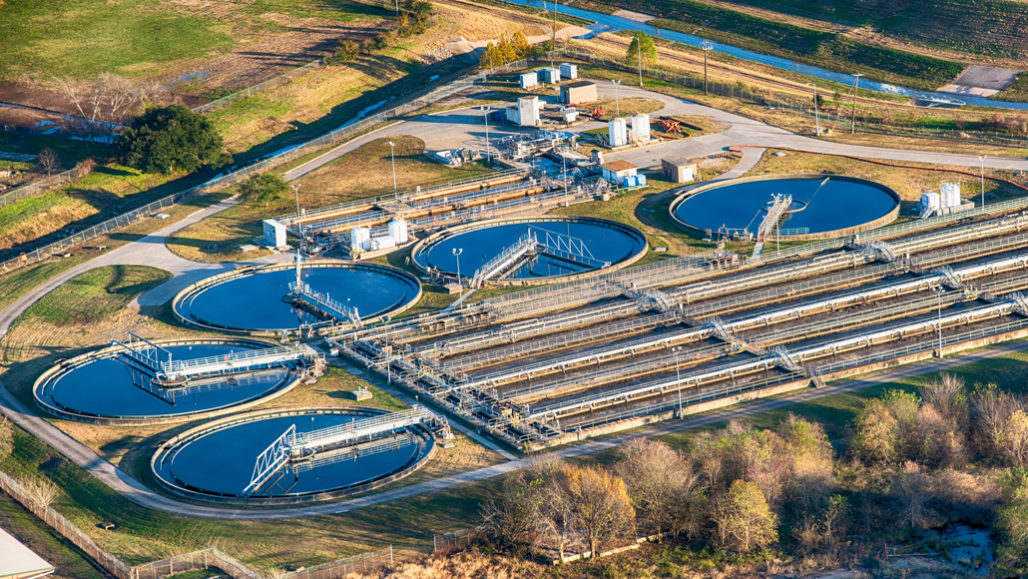
Wastewater could provide up to a week of warning for a COVID-19 spike
Finding coronavirus RNA in sewage may signal that people in a community are infected
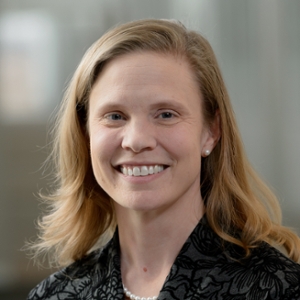
Workshop Explores Potential of ‘Smart Sensors’ for Environmental Monitoring
More than three dozen researchers and scientists convened May 11-12 for the SAGE Community Workshop, a virtual event that discussed the latest advances on a Northwestern-led project to develop machine learning-based sensors for environmental monitoring.
/https://public-media.si-cdn.com/filer/69/93/6993bb34-2b13-4af3-8054-31bbe05deae1/ivan-bandura-ac97oqawdvg-unsplash.jpg)
How Wastewater Could Help Track the Spread of the New Coronavirus
The virus that causes COVID-19 is unlikely to remain active in sewage, but its genetic material can still help researchers identify at-risk communities.

Water expert available: U.S. Supreme Court decision on Clean Water Act
This decision is an important step towards having water law reflect the reality of water systems. Many critical freshwater systems, such as rivers and lakes, directly depend on groundwater discharges.

Scientists at NU workingon new kind of rapid test
Northwestern University scientists are racing to develop a new kind of rapid test to detect the novel coronavirus that would be inexpensive, easily mass-produced, and simple to administer.
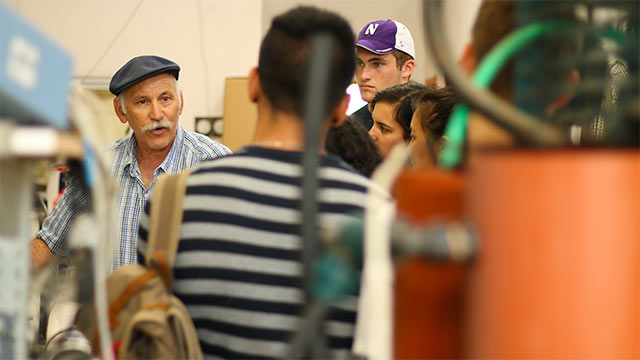
U.S.-Israel consortium launches $21.4 million initiative to develop water-energy technologies
Northwestern University and BGN Technologies, the technology transfer company of Ben-Gurion University of the Negev (BGU), announced today the initiation of a U.S.-Israel consortium led by both universities for the development of new technologies to solve global water challenges.

Leaf-inspired surface prevents frost formation
Northwestern University researchers discovered a new way to significantly reduce frost formation on any surface. The finding could help decrease the amount of energy needed for de-frosting and could potentially result in fewer canceled flights, which can be grounded by even the slightest layer of frost.
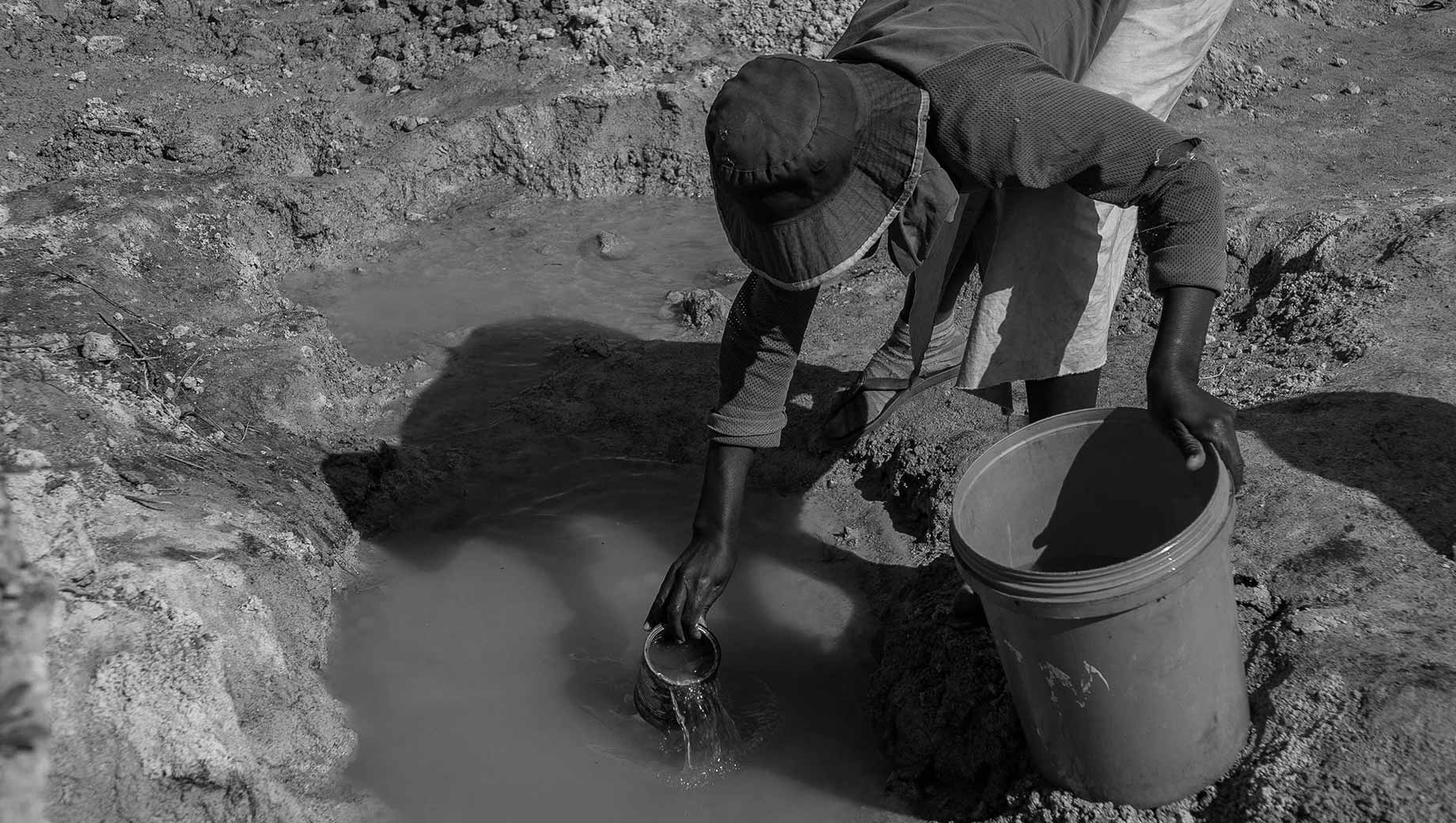
Benchmarking Household Water Insecurity in Africa and India
The world’s growing water crisis is one of the top risks facing the planet. Current estimates put as many as 4 billion people — about two-thirds of the world’s population — without the water they need for at least one month of the year.
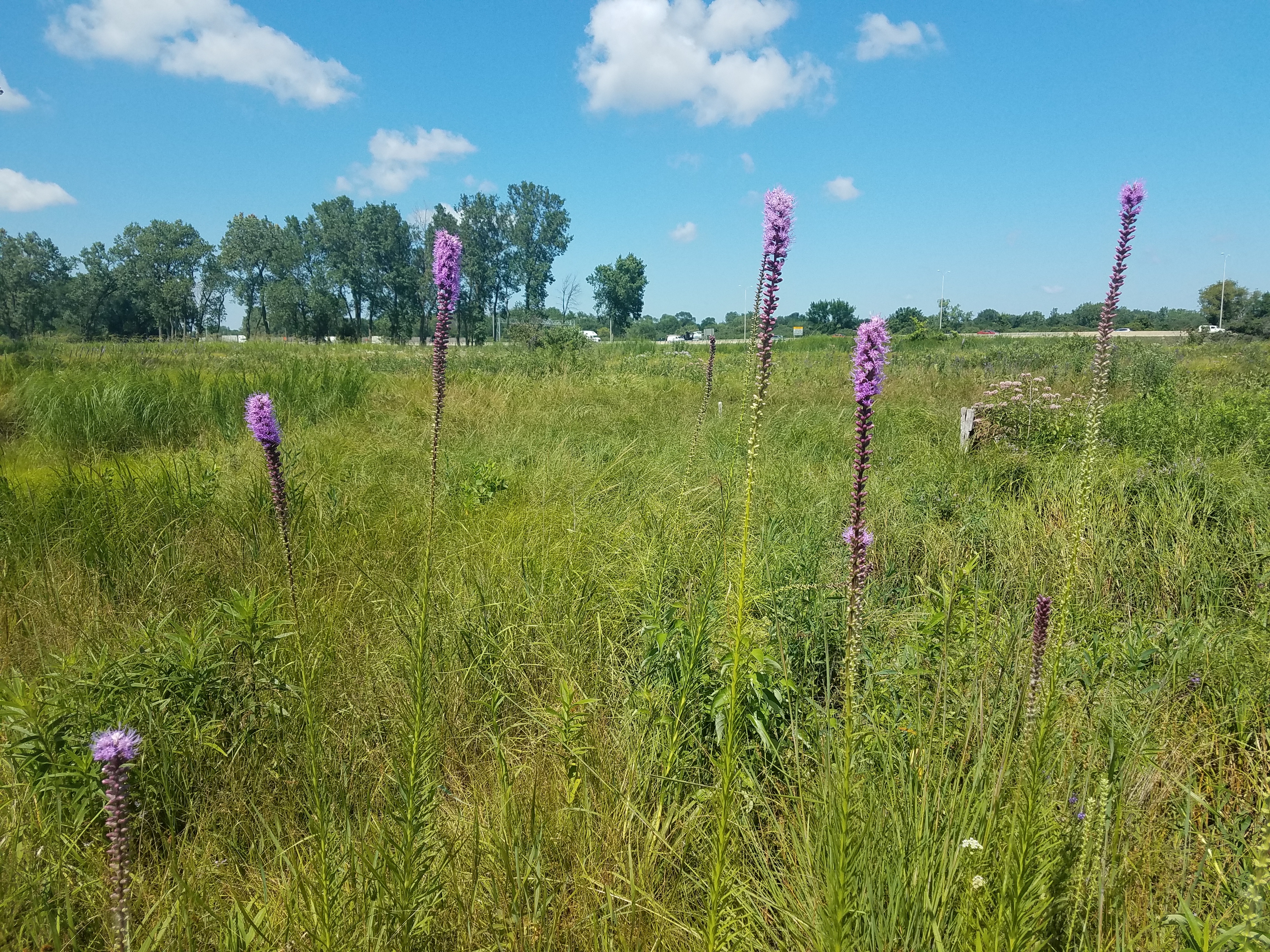
SOIL COMPOSITIONAL CHANGES INFLUENCE MICROBIOLOGY
Collaborative study selected as Editor’s Choice for FEMS Microbiology Ecology

Northwestern and The Nature Conservancy Renew Global Research Partnership
The partnership between Northwestern and the Nature Conservancy will help develop solutions related to ecosystem conservation and climate change
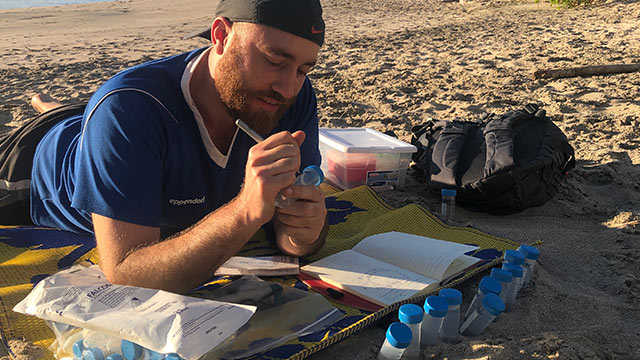
Simple test could prevent fluoride-related disease
The method uses synthetic biology to detect dangerous levels of fluoride in drinking water. Northwestern University synthetic biologists developed a simple, inexpensive new test that can detect dangerous levels of fluoride in drinking water.
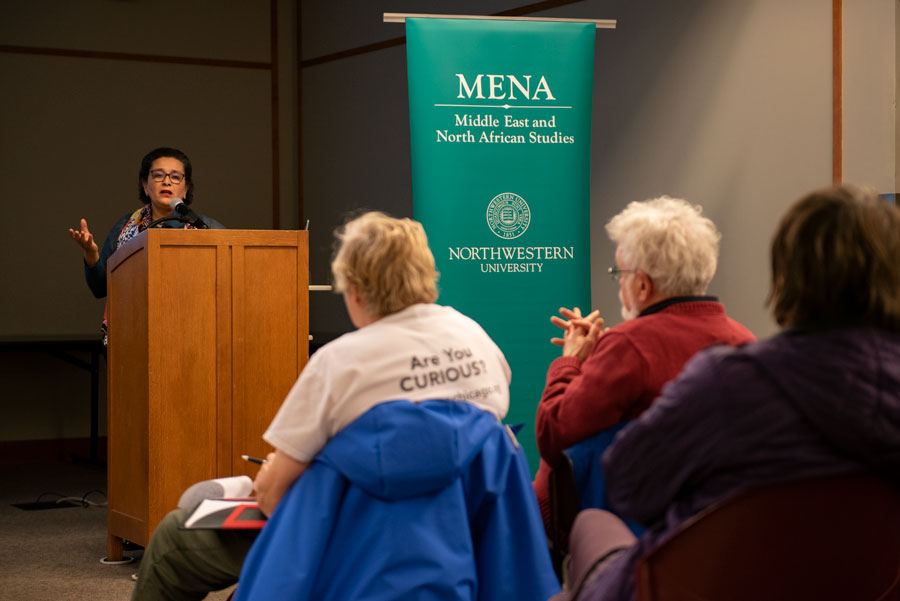
Anthropologist and activist Jamila Bargach talks fog harvesting at EPL
Thanks to her innovative fog collection project, anthropologist and human rights activist Jamila Bargach and her team have provided over 15 villages with direct water access in historically drought-ridden southwest Morocco.
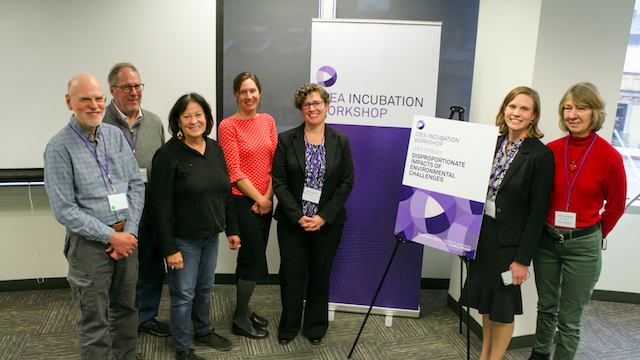
Buffett Institute for Global Affairs awards $150,000 in support to ‘Idea Incubation Workshop’ project
The Northwestern Buffett Idea Incubation Workshop is the first in a new effort to incubate ideas and select research projects centered on finding interdisciplinary solutions to some of the world’s most vexing problems. It is specifically targeting solutions for the United Nations’ Sustainable Development Goals.

Northwestern Postdoctoral Researcher Developing Sustainable Large River Management Tools for the World
Colin Phillips, a postdoctoral fellow in Northwestern’s Department of Civil and Environmental Engineering and a 2018 recipient of the NatureNet Fellowship from The Nature Conservancy, is developing models that could serve as management tools for river networks around the world.

Northwestern University Researchers Offer Innovative Solutions for Chicago's Growing Climate Challenge
Recently Northwestern’s Climate Change Research Group leader Daniel Horton and Irene Crisologo presented SAVEUR’s climate action plan to Evanston area residents. An audience of more than 75 people learned about their plan and why it’s critically urgent.

What Can we Learn from the Desert?
A group of Northwestern University first-year and sophomore students discovered answers to this question themselves, as they traveled to Israel with the Global Engineering Trek (GET) program.

Precision Agriculture is the only way to Sustainable Farming
Read Naty Barak’s insights about the challenges facing our food and agriculture systems and how future food security depends on “precision” and “water smart” farming

How will Chicago Weather a Changing Climate?
Join environmental scientists Daniel Horton and Aaron Packman for a lay-friendly exploration of how large cities are responding to extreme weather
Aaron Packman's written statement for House Select Committee on Climate Crisis
Read Dr. Packman’s full written statement for the House Select Committee on the Climate Crisis
![[Source Images: Getty, Northwestern University]](https://images.fastcompany.net/image/upload/w_937,ar_16:9,c_fill,g_auto,f_auto,q_auto,fl_lossy/wp-cms/uploads/2023/05/p-1-90895209-metal-sponge.webp)
These reusable sponges could clean the lead out of your drinking water
Fast Company wrote about the nanoparticle-covered sponge developed by Professor Vinayak Dravid, which can quickly and easily remove heavy metals from water.
/https://public-media.si-cdn.com/filer/aa/9c/aa9c977f-e2c3-4676-8cfc-0966287e4fd7/rusty_pier.jpg)
Could a Rusty Bridge Generate Electricity?
New research shows that water flowing over thin layers of rust can generate power

Urgent call for climate adaptation in the Great Lakes region
Climate Changes’s Effects pose a significant threat to the Midwest

Depth Exhibit premieres at the Michigan Science Center
This exhibit showcases vignettes (stories, images, video) of the everyday realities of water insecurity and its consequences from Bolivia, Kenya, Uganda, Brazil, and Ghana, from the perspectives of children, women, and young adults.

From materials to market
The entrepreneurs behind NanoGraf Corporation reveal how they built an international company around a Northwestern battery technology

Argonne-led Center Receives Award for Pivotal Discovery in Battery Technology
Northwestern’s partnership with Center for Electrochemical Energy Science at Argonne National Laboratory wins Ten at Ten award from Department of Energy

Researchers produce electricity by flowing water over extremely thin layers of metal
These films represent an entirely new way of generating electricity and could be used to develop new forms of sustainable power production.

Our Daily Water Footprint
Did you know that the average person uses 5,500 liters of water a day?

Solutions for Troubled Waters
A new report by Midwestern and Canadian scientists and experts details how climate change could affect the Great Lakes and threaten public health, fish and wildlife, water quality, and the regional economy.

Finding Solutions to Drought and Water Insecurity in the Middle East
Solutions to water scarcity often involve an interplay of science, engineering, anthropology, and economics, not to mention politics. That’s why Northwestern University convened scholars for the Fourth Annual Symposium on Water in Israel and the Middle East: Drought, Insecurity, and Conflict.

Northwestern to host fourth annual Symposium on Water in Israel and the Middle East
The Symposium on Water in Israel and the Middle East is returning to Northwestern University for its fourth year on May 6. The symposium will focus on water-scarce areas that impact up to 4 billion people each year.

Predicting the Flow of Microplastics Through Waterways
Taking a multidisciplinary approach to plastics, the program focuses on three intersecting research areas: materials and product innovation; air, land and water ecosystem dynamics; and public health impacts. Packman’s research centers primarily around plastics in water ecosystems.
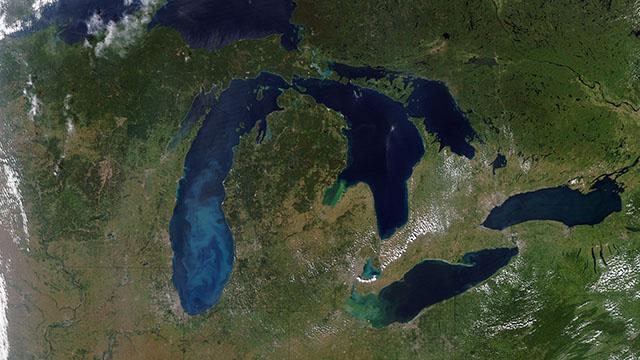
New report warns of dangers to Great Lakes health and economy from climate change
A new report provides an updated and detailed picture for how climate change is affecting this crucial source of freshwater and, therefore, threatening public health, infrastructure, fish and wildlife, and the regional economy.
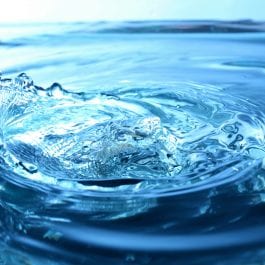
Argonne addresses obstacles to clean water for all
Dozens of Argonne researchers are helping to solve one of the world’s most pressing problems — the availability of clean water.

A Toxic Crisis in America’s Coal Country
In the shadow of some of America’s most controversial coal mines, where companies use huge amounts of explosives to blow the tops off mountains, isolated communities say their water has been poisoned. Now, they must decide if they will fight back against an industry they have relied upon for generations.
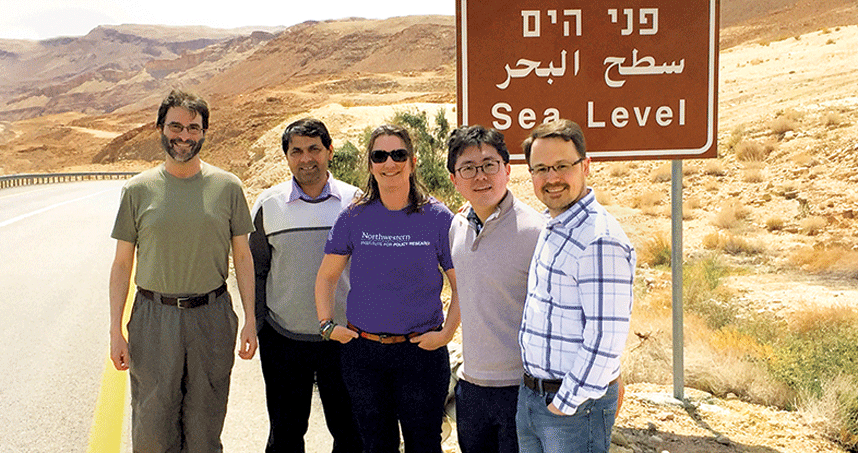
Northwestern’s Center for Water Research Supports New Collaborations with the University of Chicago, Ben-Gurion University in Israel
Seven proposals for innovative water research will collectively receive more than $700,000 in new funding from the three institutions.
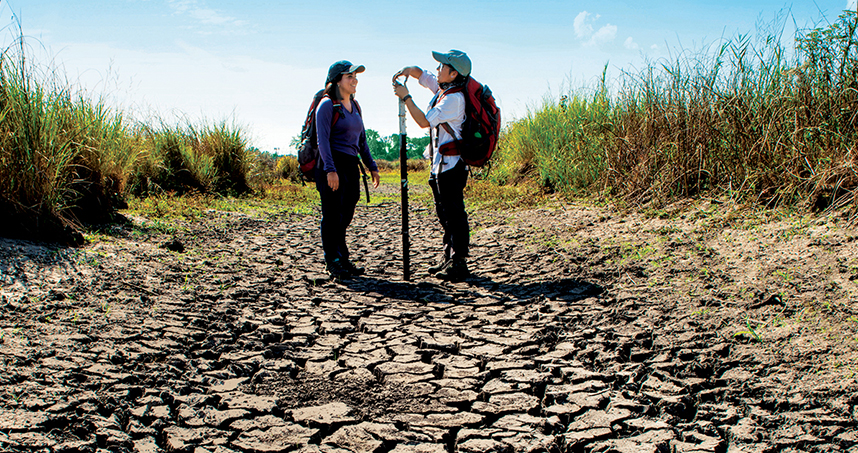
A World Without Water
How insecure is the world’s water supply? Faculty in the NU Center for Water Research want to know.

Northwestern Students Explore Water Technology in Israel
Building on the success of last year’s inaugural Global Engineering Trek (GET) to Germany, the GET Water Israel trip gave 12 students the opportunity to travel across the desert country studying ancient and modern water technology, infrastructure, and innovation.
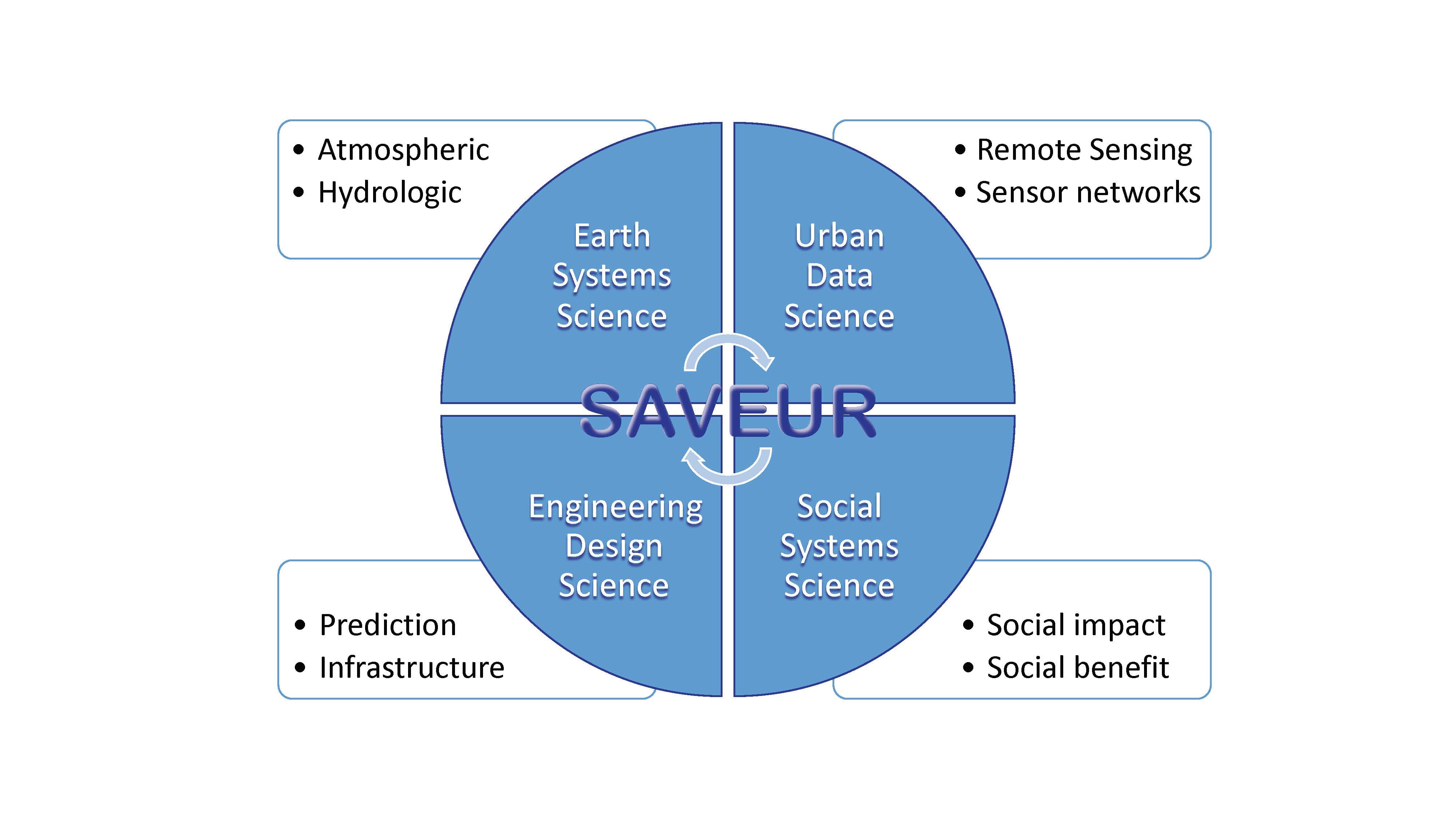
Systems Approaches for Vulnerable Evaluation and Urban Resilience (SAVEUR)
SAVEUR will combine natural science, social science, data science and engineering to not only more accurately predict weather events such as heat waves, air quality and flooding, but also assess vulnerabilities within neighborhoods and cities and propose sustainable, adaptive infrastructure changes.
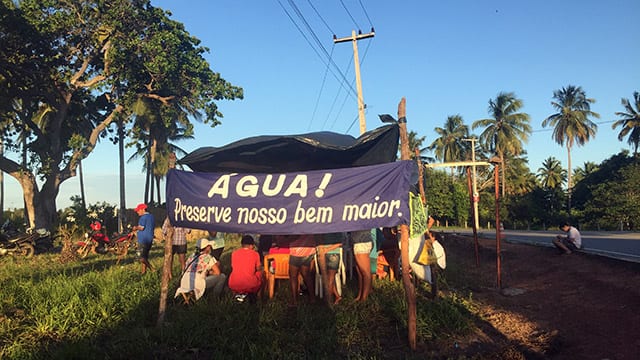
‘Flint water was not an anomaly’
Water insecurity is a reality for vulnerable households everywhere, from Flint, Michigan, to São Paulo, Brazil — and from the Texas-Mexico border colonias to Cape Town, South Africa.
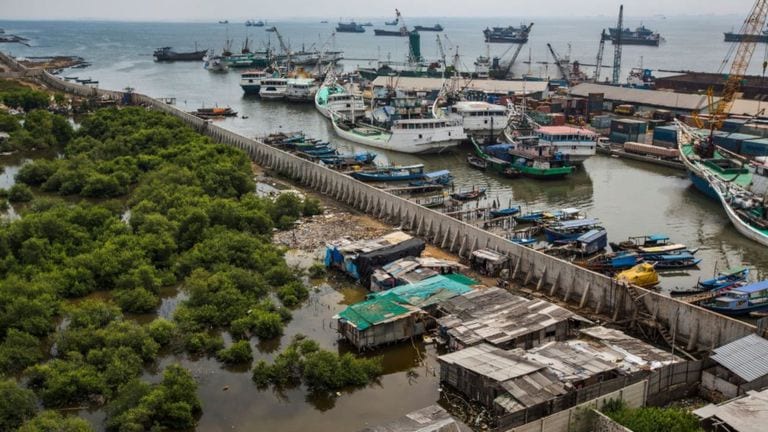
Jakarta, the fastest-sinking city in the world
Jakarta is home to 10 million people but it is also one of the fastest-sinking cities in the world. If this goes unchecked, parts of the megacity could be entirely submerged by 2050, say researchers. Is it too late?
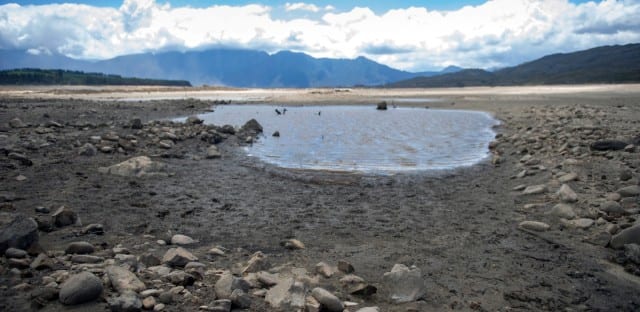
‘A World Without’: Global Freshwater Shortage and Cape Town’s “Day Zero” – with Dr. Aaron Packman
A harsh drought may force South Africa’s showcase city of Cape Town to turn off most of its taps, as the day that the city runs out of water, ominously known as “Day Zero”, moves ever closer for the nearly 4 million residents.
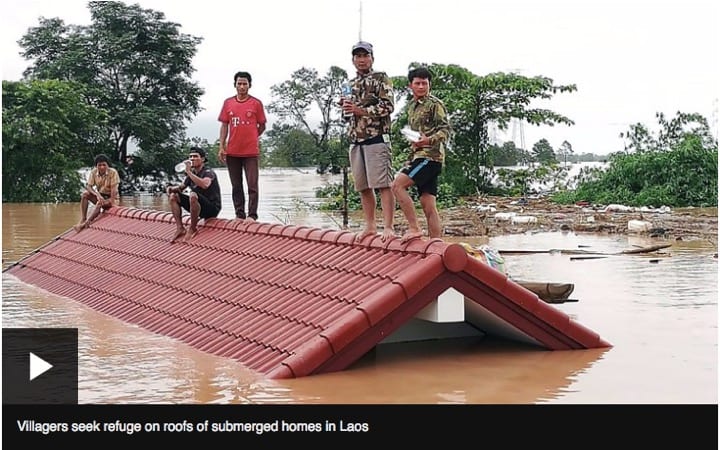
Laos dam collapse: Many feared dead as floods hit villages
At least 20 people have been killed and more than 100 are missing in flooding following the collapse of an under-construction dam in south-east Laos.
